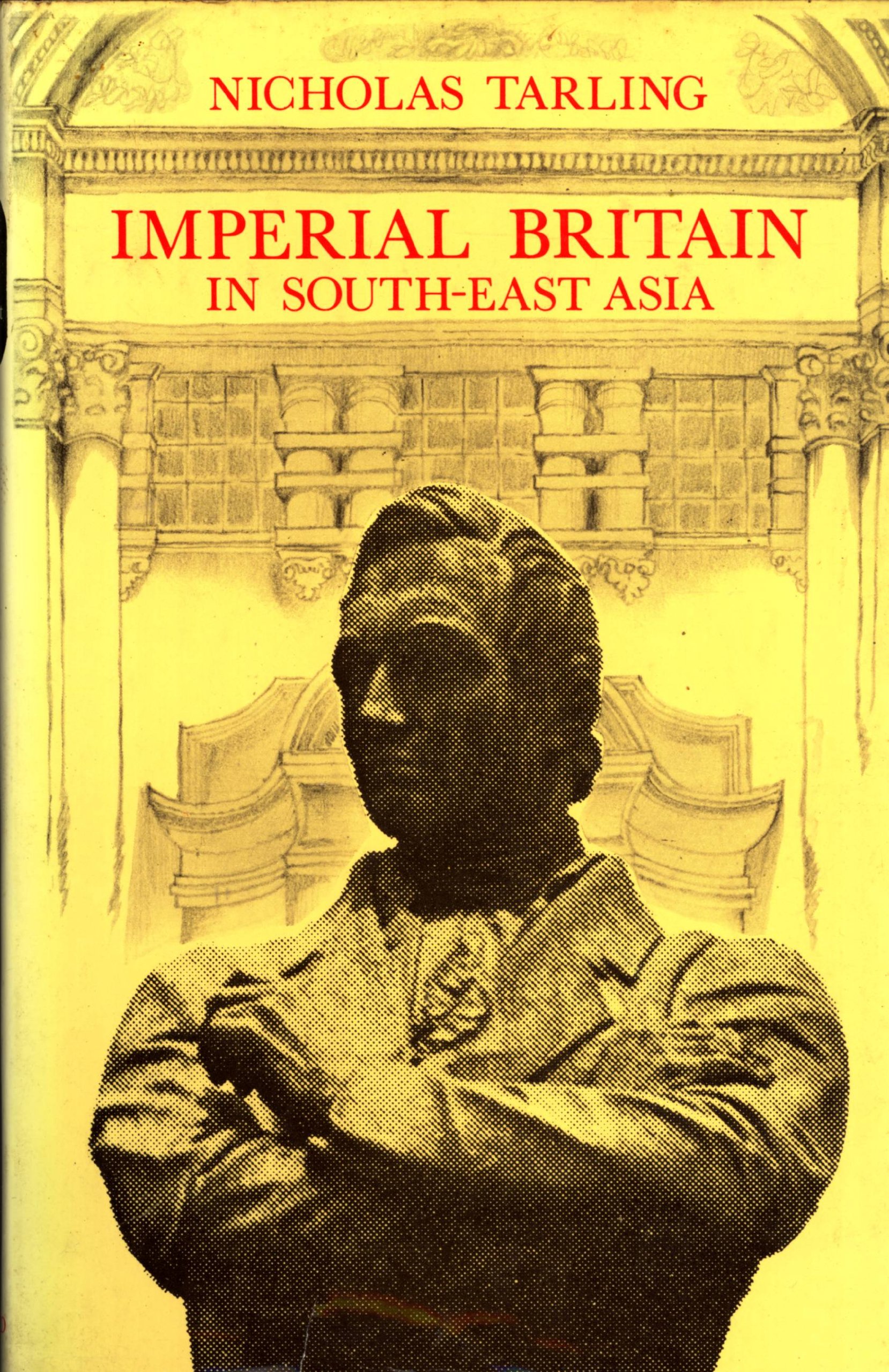Imperial Britain in South-east Asia By NICHOLAS TARLING (Kuala Lumpur, Oxford University Press, 1975). 299pp. Cloth £10 (illustrated)
To read this book is really a quite astonishing experience, because here we have, scrupulously preserved in some kind of academic aspic, colonial ‘scholarship’ unsullied by the vulgar intrusion of reality. I am, as a matter of strict fact, at a loss to know how to bridge the gulf between what one finds here and the world of today,
Still, it is worth making a few points. I deal with these as the author raises them, rather than in any methodical or systematic manner. First, he perceives South-east Asia’s ‘primary problem’ as being the building of nations’: not, be it noted, the expulsion of imperialism and neo-colonialism and the class struggle. Right from the outset this seems to me to be an indication of either naivety or perversity.
However, perhaps unconsciously, he does succeed in revealing how cunning and calculating Britain was in establishing and preserving her raj in South-east Asia. Note that he admits that London deliberately shored up the Dutch in Indonesia, because it was clearly realised that France (and Germany and America) would prove much more threatening regional rivals. Incidentally, he records how, from the very start, the United States treated Vietnam with contempt and contumely: in 1845 (sic), the USS Constitution put in at Tourane, demanded delivery of some French priests, and — on being refused (for good enough reasons) – casually opened fire, killing and wounding nearly a score of innocent Vietnamese and destroying several of their junks.
When Tarling comes to the Bowring Treaty (1855), which opened Thailand to international trade, he waxes relatively eloquent, though, to be fair, he does appear to appreciate that Bangkok, at the time, felt itself to have little choice but to succumb to foreign blandishments. However, the discussion is on a low conceptual level, and ignores such germane analytical contributions as Anne Vimille’s ‘La Lutte de classes en Thailande’ (Critiques de l’economie politique, September-December 1973), and David Elliott’s recent thesis presented to the Institute of the Social Studies (The Hague). Both afford much deeper insights into the meaning and implications of the Bowring Treaty than Tarling even assays.
Finally, the author – while he cannot avoid mentioning (and to some extent discussing) the crucial importance of drugs (particularly Indian-grown opium) to the prosperity and viability of British and Western imperialism – avoids critical comment and certainly abstains from pointing out, as he would have been quite entitled to do, be it said, that the long Indochina war was also fought for control of the world heroin market (on the part of the successive US Presidents concerned), and that – today – the whole traffic is merely being re-routed through southern Thailand and Malaya.
